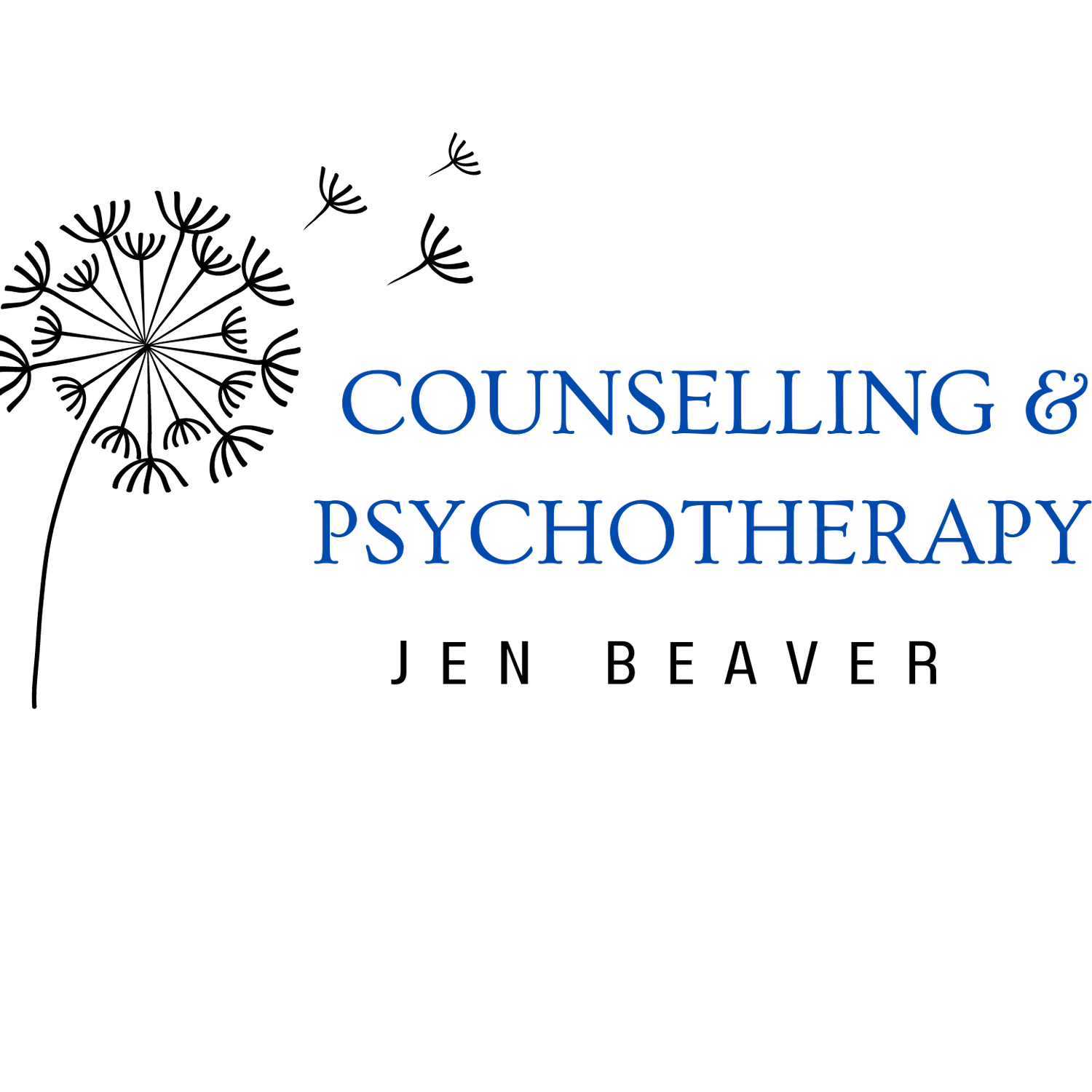Living with Eco-Anxiety
Living with Eco-Anxiety: Navigating the Emotional Toll
Introduction:
The climate crisis has become an undeniable reality, and its impact on our planet is causing increasing concern and anxiety among individuals worldwide. For some, this anxiety takes the form of eco-anxiety, a specific type of anxiety related to the environment and the future of our planet. In this article, we will explore the concept of eco-anxiety, its causes, and strategies for coping and taking action in the face of the climate crisis.
1. Understanding Eco-Anxiety:
Eco-anxiety is a psychological response to the climate crisis and the fear of environmental degradation. It is characterized by feelings of helplessness, fear, and distress about the future of the planet. Individuals with eco-anxiety may experience a sense of guilt, sadness, or anger, as well as a constant preoccupation with environmental issues. It is essential to recognize that eco-anxiety is a valid emotional response to the climate crisis and that many people are grappling with these feelings.
2. Causes of Eco-Anxiety:
Eco-anxiety can stem from various factors, including the increasing frequency of extreme weather events, the loss of biodiversity, and the slow progress in addressing the climate crisis. Media coverage and social media can also contribute to eco-anxiety by constantly highlighting the severity of the situation. Additionally, the feeling of personal responsibility and the pressure to make a difference can intensify eco-anxiety. Understanding the causes can help individuals navigate their emotions and take constructive action.
3. Coping with Eco-Anxiety:
Managing eco-anxiety requires a multifaceted approach that addresses both individual well-being and collective action. Here are some strategies to cope with eco-anxiety:
a. Self-Care: Prioritize self-care practices such as mindfulness, exercise, and spending time in nature. Taking care of your mental and physical health is crucial for resilience and emotional well-being.
b. Seek Support: Connect with others who share your concerns and feelings. Join local or online communities focused on climate action and mental health to find support, share experiences, and learn coping strategies.
c. Educate Yourself: Gain a deeper understanding of the climate crisis and its complexities. Knowledge can empower you to take informed action and alleviate feelings of helplessness.
d. Take Action: Engage in climate activism and advocacy. Participate in local initiatives, support organizations working towards sustainability, and use your voice to raise awareness about the climate crisis.
e. Practice Mindful Consumption: Make conscious choices in your daily life to reduce your carbon footprint. This can include adopting sustainable habits like reducing waste, conserving energy, and supporting eco-friendly products and services.
4. Shifting Perspectives: From Anxiety to Empowerment:
While eco-anxiety can be overwhelming, it is essential to shift our perspective from fear and helplessness to empowerment and hope. Recognize that individual actions, combined with collective efforts, can make a significant impact. Focus on the positive changes happening globally, such as renewable energy advancements and increased awareness of environmental issues. By channeling our anxiety into constructive action, we can contribute to a more sustainable future.
Conclusion:
Living with eco-anxiety in the face of the climate crisis is a significant challenge for many individuals. By understanding the causes of eco-anxiety and implementing coping strategies, we can navigate our emotions and take meaningful action. Remember that you are not alone in your concerns, and by joining forces with others, we can create a collective movement towards a more sustainable and resilient future. Let eco-anxiety be a catalyst for positive change and a driving force for a healthier planet.
